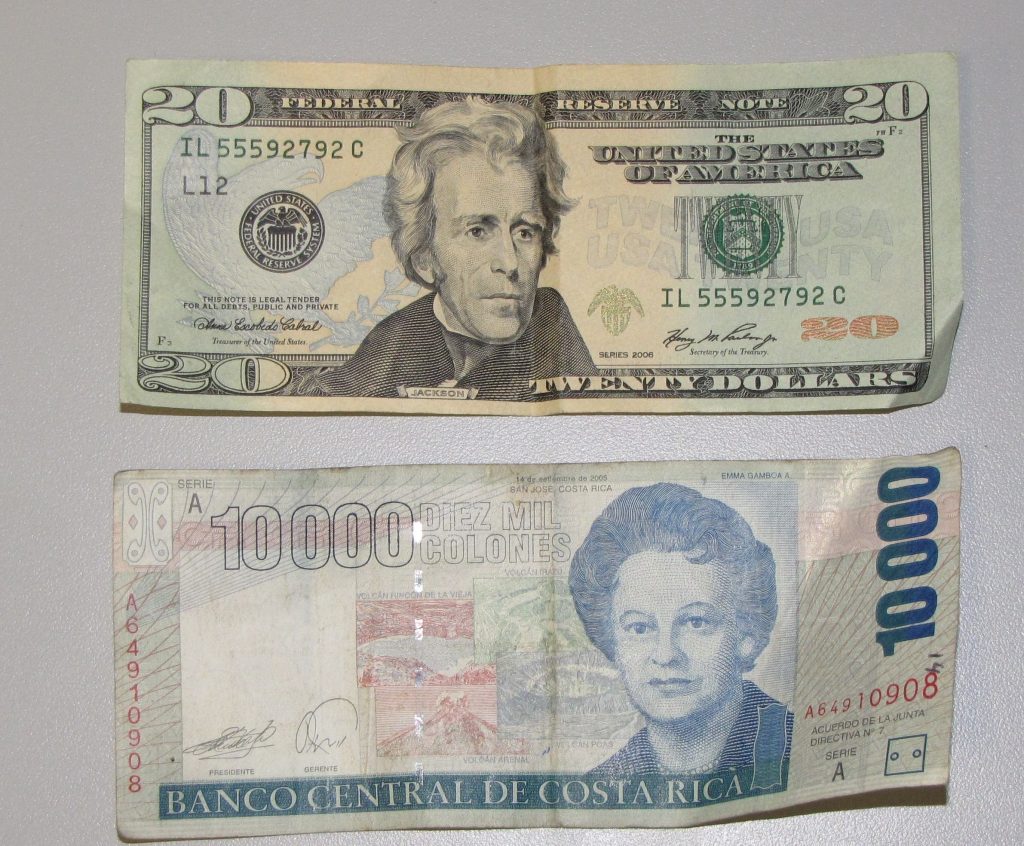
Time is Money
You’ve heard it, or maybe said it. Time is money. In scientific research drilling, time really is money.
It costs approximatly $134,000 per day for the whole operation of drilling on the JR on this 30 day expedition.That pays for the drilling ship, all the laboratory facilities, the personnel to run the ships’ operations of navigation, drilling, hospitality (galley, laundry, housekeeping), and laboratory technicians and scientists as well as fuel and insurance. Because time is money, the ship runs around the clock. Right now, we hear ‘core on deck’ about twice an hour.
The lab technician this morning was running 8 different types of analysis at once. He was moving quickly. Time is money. We need the samples processed quickly or else some of the properties change when at room temperature, in air and at sea level pressure. The coring is going quickly so we must continue to process the samples quickly.

On this cruise, we used the Logging While Drilling equipment for about 1 week. Rumor has it that it cost an additional $1 million for the equipment, 2 technicians, and transportation of the sensors, batteries, the bottom hole. We left a day late, waiting for the equipment, meaning one less day of drilling. Time is money. We were all pleased to see the three flatbed trucks ready to take the equipment when we came back into port. Time is money. Each hour sitting in port means less time for drilling. The transfer went well. The tide was falling and we thought we were right on schedule. When large vessels such as the JR come into or leave the port, they need the assistance of tug boats and a harbor pilot. Time is money. We left port only a few hours late.
.jpg)
Cultural work norms play into what ‘time is money’ means. Mañana (tomorrow in Spanish) was the catch phrase that I kept hearing as we were waiting to leave port. Again I heard it as we anticipated our short port call. The connotation was that nothing gets done until maybe tomorrow in Costa Rica. We have two scientists who grew up in Costa Rica. Both of them have talked about how the directness and impatience of the people in their adopted homes was startling to them at first. Talking about the weather and family first then business and money is the norm here. The value of time is different in different places.
The samples that we are collecting are precious. Every grain of sand and drop of water trapped in the rocks help tell the geologic story. The opportunity to drill deep into the Earth is limited but it is important to our understanding of how Earth works. Rock cores helped confirm the theory of plate tectonics and they give us information about the past climates as we try to understand where the current changes in climate could lead. The data are valuable. The money that we, through our governments, spend on this basic research is money well spent. And time well spent.
In the end, money can’t buy us time. I’m going to watch the sunset with my new friends.
